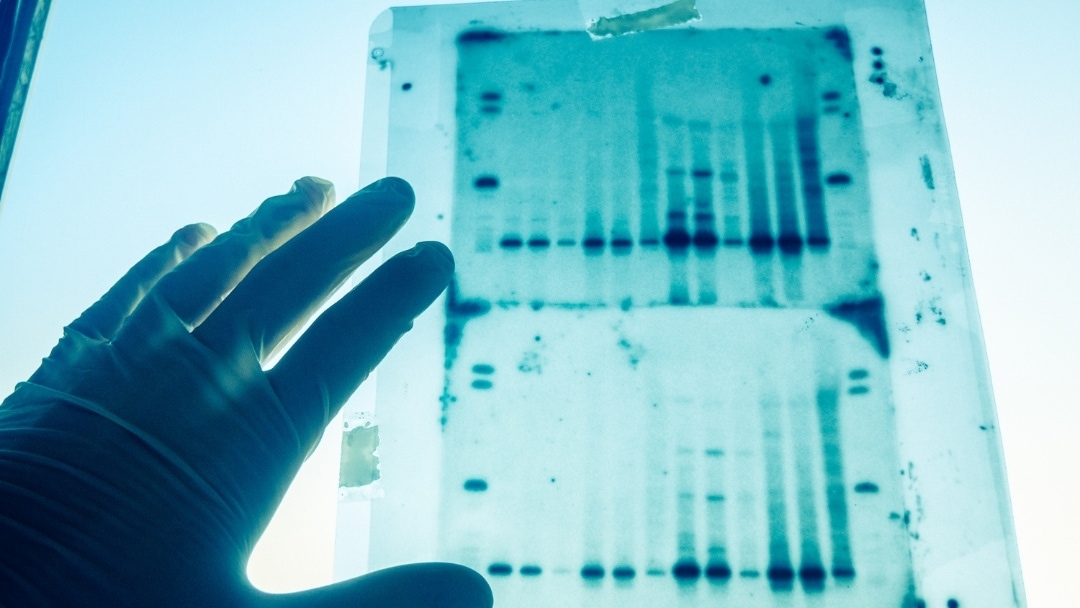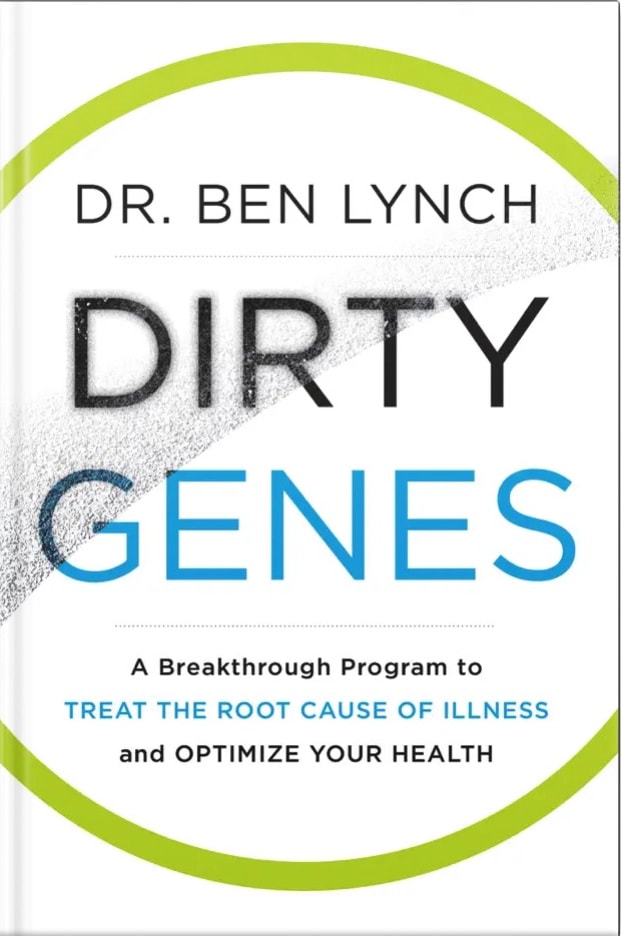Epigenetics is the biology of how external modifications to an individual’s DNA can turn genes “on” or “off” with environmental triggers. Epigenetics is so important that it has made the cover of Time and Scientific American. In 2012, the International Journal of Epidemiology devoted an entire issue to it, calling epigenetics “the next big thing.”
Epigenetics and Autism
Epigenetics is at the heart of the matter in autism. Epigenetics explains why all young children exposed to today’s environmental chemical, electromagnetic, and sociological soup don’t end up with autism.
Why do some and not all children regress into autism? Individuals with autism appear to have a genetic propensity or predisposition that manifests itself only when triggered by the “right” combination of environmental factors. Exposures to environmental toxins can change gene expression, resulting in MTHFR or SUOX mutations.
Tylenol (Acetaminophen, Paracetamol)
Related to the SUOX mutation is another environmental impact: the coincidental timing during the 1980s of a recommendation by the medical community for replacing aspirin with acetaminophen for pain. Acetaminophen is the main ingredient in Tylenol™ and some other popular painkillers.
According to research, acetaminophen toxicity can overload the defective sulfation pathway catalyzed by phenolsulfotransferase (PST), which is deficient in autism, leading to overproduction of the toxic metabolite N-acetylp-benzoquinone imine (NAPQI).
Increased levels of NAPQI reduce an individual’s ability to detoxify toxic chemicals, thus increasing oxidative stress and cascading into protein, lipid, and nucleic acid damage from free radicals.
Ultimately, the more “right” the genetic material combined with the more “right” environmental insults, the more severe the disability. Those on the lesser end of the spectrum have fewer genetic variables combined with fewer environmental insults. Those with severe autism are unfortunate enough to have a larger number of each factor.
Still Looking for Answers?
Visit the Epidemic Answers Practitioner Directory to find a practitioner near you.
Join us inside our online membership community for parents, Healing Together, where you’ll find even more healing resources, expert guidance, and a community to support you every step of your child’s healing journey.
Sources & References
Arnold, P.A., et al. Glutamate transporter gene SLC1A1 associated with obsessive-compulsive disorder. Arch Gen Psychiatry. 2006 Jul;63(7):769-76.
Baccarelli, A., et al. Epigenetics and environmental chemicals. Curr Opin Pediatr. 2009 Apr;21(2):243-51.
Bidwell, L.C., et al. Genetic influences on ADHD symptom dimensions: Examination of a priori candidates, gene-based tests, genome-wide variation, and SNP heritability. Am J Med Genet B Neuropsychiatr Genet. 2017 Jun;174(4):458-466.
Bowers, K., et al. Glutathione pathway gene variation and risk of autism spectrum disorders. J Neurodev Disord. 2011 Jun;3(2):132-43.
Esmaiel, N.N., et al. The potential impact of COMT gene variants on dopamine regulation and phenotypic traits of ASD patients. Behav Brain Res. 2020 Jan 27;378:112272.
Hausman-Cohen, S., et al. Utilizing Genomically Targeted Molecular Data to Improve Patient-Specific Outcomes in Autism Spectrum Disorder. Int J Mol Sci. 2022 Feb 16;23(4):2167.
Hausman-Cohen, S.R., et al. Genomics of Detoxification: How Genomics can be Used for Targeting Potential Intervention and Prevention Strategies Including Nutrition for Environmentally Acquired Illness. J Am Coll Nutr. 2020 Feb;39(2):94-102.
Hwang, I.W., et al. Association of Monoamine Oxidase A (MAOA) Gene uVNTR and rs6323 Polymorphisms with Attention Deficit and Hyperactivity Disorder in Korean Children. Medicina (Kaunas). 2018 May 18;54(3):32.
Li, Y., et al. Association between MTHFR C677T/A1298C and susceptibility to autism spectrum disorders: a meta-analysis. BMC Pediatrics. 2020(20)449.
Meng, X., et al. Association between MTHFR (677C>T and 1298A>C) polymorphisms and psychiatric disorder: A meta-analysis. PLoS One. 2022 Jul 14;17(7):e0271170.
Rahbar, M.H., et al. Detoxification Role of Metabolic Glutathione S-Transferase (GST) Genes in Blood Lead Concentrations of Jamaican Children with and without Autism Spectrum Disorder. Genes (Basel). 2022 May 29;13(6):975.
Sadeghiyeh. T., et al. Association of MTHFR 677C > T and 1298A > C polymorphisms with susceptibility to attention deficit and hyperactivity disorder. Fetal Pediatr Pathol. 2020 Oct;39(5):422-429.
Way, H., et al. Genomics as a Clinical Decision Support Tool: Successful Proof of Concept for Improved ASD Outcomes. J Pers Med. 2021 Jun 24;11(7):596.
Resources
Books
Lynch, Ben. Dirty Genes: A Breakthrough Program to Treat the Root Cause of Illness and Optimize Your Health. HarperOne, 2020.
Walsh, William J. Nutrient Power: Heal Your Biochemistry and Heal Your Brain. SkyHorse, 2014.
Yasko, Amy. Feel Good Nutrigenomics. Neurological Research Institute, 2014.




